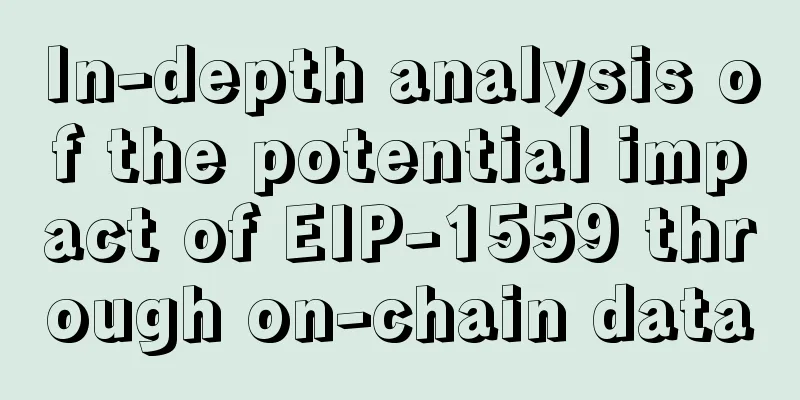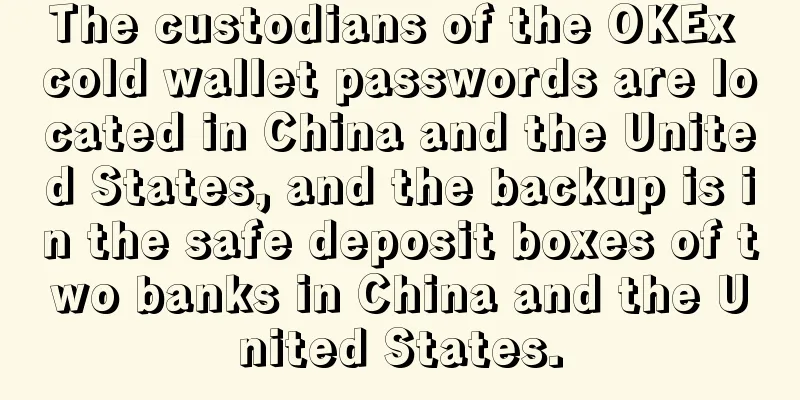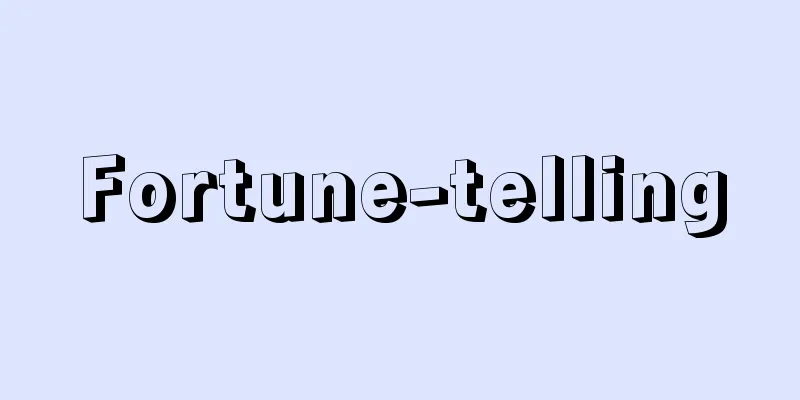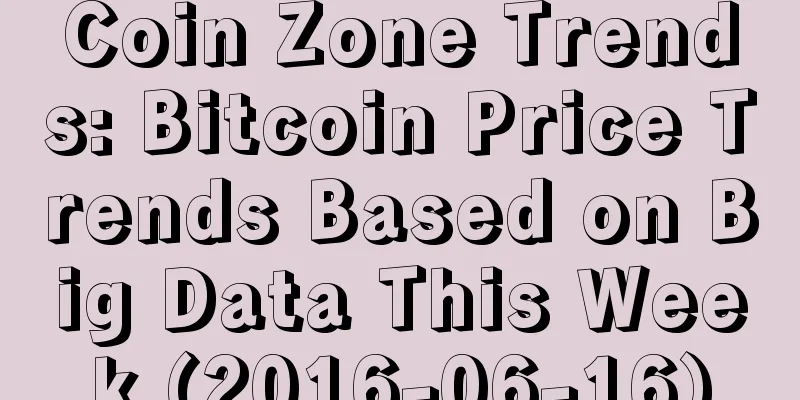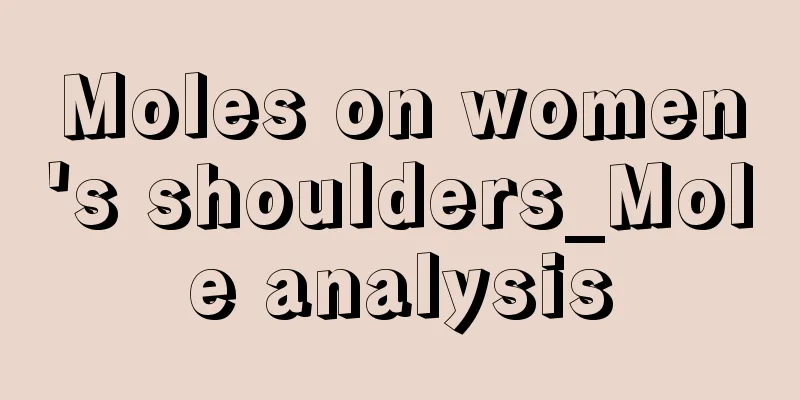7 ways blockchain technology is changing the payment industry
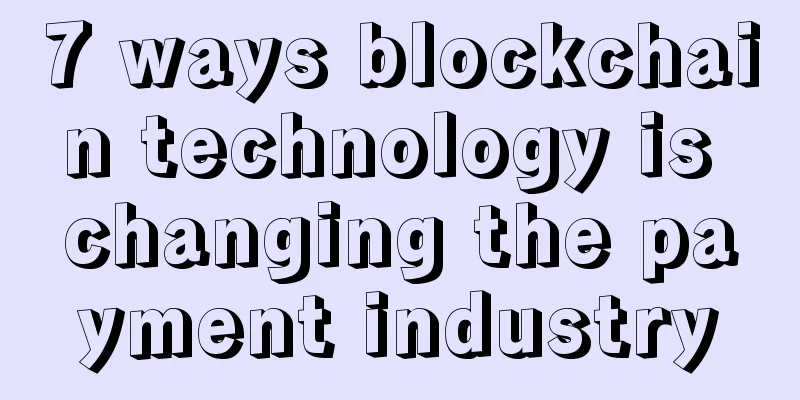
|
By re-ordering and automating complex, labor-intensive processes, blockchain technology can enable organizations of all sizes to run faster and more efficiently. As a result, blockchain technology opens up entirely new possibilities for product and service innovation. Just last year, many financial institutions, including many of the world's major banks, have shown a keen interest in the technology behind Bitcoin and have launched programs to explore its potential. As expected, the amount of investment in blockchain technology has grown rapidly, especially with the many applications that have been identified, including using blockchain technology to transfer any digital asset; record the ownership of personal physical property and intellectual property, improve the system and security performance of financial product and service delivery, and other applications of significant importance to banks and other financial institutions. While there are many significant developments and opportunities, here are the areas of focus for companies and regulators, including faster payments, supply chain management, payment methods, compliance and risk management: 1. Settlement timeBlockchain technology will also significantly reduce the time it takes to settle funds, which in turn will reduce the amount of cash and collateral that financial institutions bear, thereby reducing settlement risk. This is particularly important in international transactions, as these transactions currently take days to complete, but using blockchain technology can be completed in almost no time. 2. Supply Chain Management By providing a granular tracking of commodity movements, blockchain technology will be able to provide a highly secure fraud-proof system. Everledger is a London-based startup that specializes in registering and tracking individual diamonds, recording their provenance, tracking asset ownership and combating insurance fraud. 3. Smart Contract PaymentUsing digital technology to embed business rules into smart contracts, including automatic execution and payment of contract terms, will simplify complex procurement, negotiation and verification procedures, allow contracts to be customized on a contractual basis, and greatly simplify transactions by removing competitors and intermediaries. IBM is investing in a proprietary blockchain that makes electronic contracts more convenient, and plans to release an open source version that anyone can use. 4. Algorithm rulesBlockchain technology can also track every transaction history of the banking system to ensure that the source, final destination and purpose of funds are clear and traceable, which will improve the ability of banks and regulators to identify suspicious customers and networks. Government agencies can also use blockchain technology in the system, such as the federal settlement system, which enables bank regulators to identify system payment risks. Blockchain will also affect payments in investment and real estate transactions 5. Transaction Execution and SettlementBlockchain can achieve faster settlement at lower costs while reducing the risk of fraud. Many companies are developing unique and powerful trading and settlement products, such as Nasdaq's private Linq blockchain network, which enables private companies that have not yet met the requirements for public listing to track changes in the ownership of issued shares by founders, early investors and employees. 6. Asset TradingBlockchain will enable new types of transactions, facilitating the trading of a wide range of assets beyond financial instruments. The current thinking is that this will involve the trading of virtual tokens, including physical or intellectual property. Earlier this year, R3 CEV Technology conducted a test to trade tokens representing hypothetical assets through a private blockchain application, with participating banks including Barclays, Financial Group, Credit Suisse, Commonwealth Bank of Australia, HSBC, Natixis, Royal Bank of Scotland, TD Bank, UBS, UniCredit and Wells Fargo. 7. Physical asset registrationBlockchain will streamline the process of registering assets, including real estate. Many expect blockchain to significantly change or eliminate title insurance, which is used to confirm the accuracy of local government property registrations. Blockchain is also expected to facilitate the establishment of instant price comparisons and the tracking of third-party payment contracts. Several startups, including Ubitquity, LLC, Factom, are building platforms designed to track property ownership. For financial institutions exploring opportunities in blockchain, 2016 will be a year of continued innovation and experimentation. However, it is reasonable to expect continued improvement and innovation to accelerate wider use and acceptance of blockchain, with the benefit of prompting competitors to further accelerate adoption of new applications. Kevin Petrasici is both a partner of Matthew Bornfreund and a partner of White & Original: http://www.paymentssource.com/ |
>>: Why blockchain deserves attention: Non-financial uses of blockchain technology
Recommend
The price of Filecoin, the king-level project in the last round of market, has soared. Is it returning to the center of the industry?
According to the latest data, as of March 2024, t...
Successful career prospects
Successful career prospects One of the facial fea...
What does Pojun star entering the life palace represent?
Po Jun Star, which belongs to water, is responsib...
The face of a person who tries every possible means to embezzle public funds
Some people feel bad about spending their own mon...
A complete analysis of a woman's square face, her personality and her destiny
Women with square faces look more heroic, so is a ...
Face analysis: The face of the woman who is most likely to have a successful blind date during the Chinese New Year
Face analysis: The face of the woman who is most ...
What does a mole on the tip of the nose mean?
Everyone has more or less moles on their body, an...
What kind of people are prone to disasters?
Many people do not seek to be rich or powerful in...
From the Panama Papers incident, we can see hidden wealth and refuge funds
Chapter 0 Introduction Big news came out today - ...
What kind of fate does the garlic nose face analysis have?
Do people with bulbous noses have good luck with ...
The face of a woman who has been pampered all her life is clear and kind
Many girls want to marry into a wealthy family an...
The importance of eyebrows in physiognomy
Eyebrows are the most important feature of a pers...
What does a man with a high nose bridge mean?
Some people have high nose bridges, some have low...
What does Po Jun entering the life palace represent?
Po Jun star has the characteristics of seeking in...
Where is the tear mole and what are its characteristics?
Many people have moles on their faces. Depending ...

